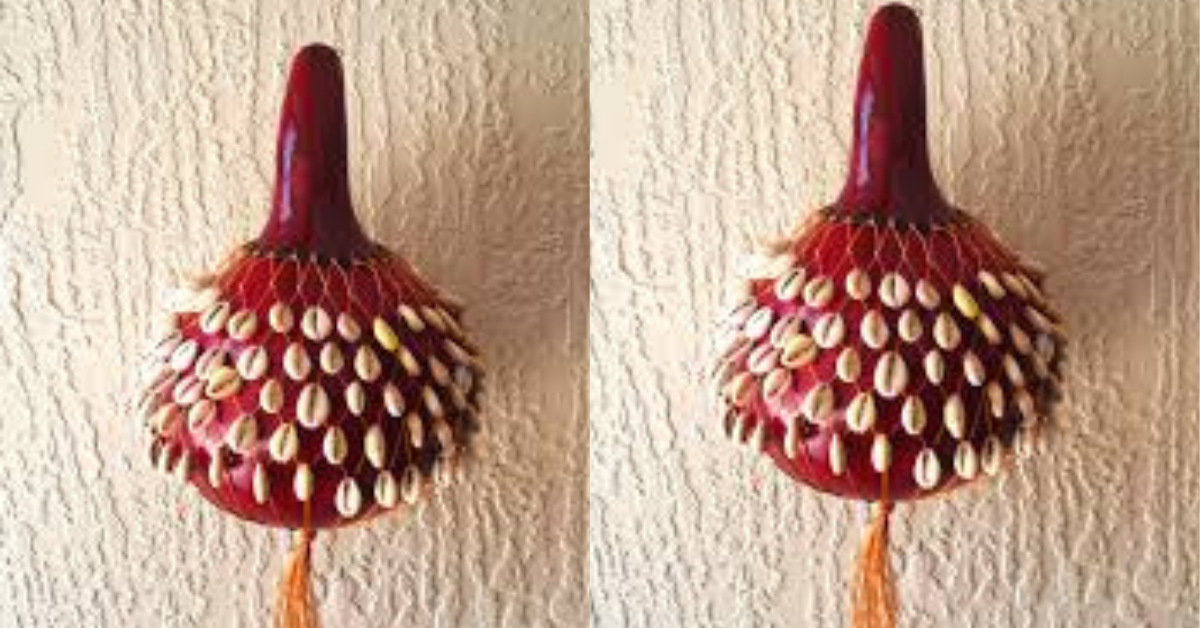It began as a routine ride through Freetown’s chaotic arteries, in one of those indefatigable yellow kekehs that bob and weave like water bugs on a rainy day. But what unfolded was a lecture in political philosophy, cultural epistemology, and national therapy—delivered not by a professor in a climate-controlled conference hall, but by a Limba kekeh driver named Manso Bangura, grinning behind his dusty windscreen.
Manso, whose driving was as philosophical as it was perilous, turned around at a red light near Eastern Police and declared, as if announcing the Ten Commandments:
“Mr. Hassan, if we want leh dis country go befo, pipul for lef for sweh pan Bible en Quran. Dem nor for sweh to God or Allah.”
I blinked. A theological thunderclap had just struck, mid-traffic.
“Why?” I asked, intrigued and mildly alarmed that this sermon was being delivered in motion.
“Because,” he said, “dem nor fraid God en Allah. Dem don use dem name too much. Dem nor dey feel shame or fear again. Na gbom sweh dem for sweh pan now. Gbom sweh.”
Ah, gbom sweh—the sound alone is an onomatopoeic prophecy: explosive, decisive, final. It sent me digging into our cultural archives, and in doing so, I was fortunate to receive wisdom and confirmation from the acclaimed Sierra Leonean poet, Omar Farouk Sesay, who clarified with gentle gravitas:
“Gboms,” he told me, “are sacred objects carried by spiritually charged women known as Yabais. Bombs are used in chieftaincy rituals. When tribal authorities take an oath on a gbom, they call on the Yabais who conduct rituals capable of summoning calamity on a perjurer. In some cases, they eat enchanted meat called armoko to seal the intention.”
Now, imagine that at State House: a fresh cabinet of ministers, lips quivering not before Quran or Bible, but before a gbom—a heavy, ancestral object quivering with supernatural rage, held by a Yabai woman with eyes like judgment day.
Would a corrupt official steal then?
Would a contractor ghost a half-built school after pocketing billions?
Would a parliamentarian vote their stomach instead of their conscience?
I imagine the fear of gbom sweh would melt even the coldest kleptocrat’s heart.
You see, the Bible and Quran are good books—but in Sierra Leone, they’ve become performative props. Every scoundrel has one, held aloft with righteous flair before they loot the treasury. But the gbom? Ah, the gbom is not for theatrics. It doesn’t forgive. It doesn’t forget. It doesn’t need pageantry or translation. It bites.
And Manso, that sage on three wheels, belongs to the Limba people—a group which, according to some historians, can be traced nowhere else on earth but Sierra Leone. They are as Sierra Leonean as mangroves and mangoes. His philosophy, though delivered in sweaty traffic, holds a mirror up to our soul.
This Independence Day, as we mark 64 years since we danced and sang our way into nationhood, maybe it’s time we rethink oaths. Not just the ceremonial ones—but the internal ones. The kind we make to our country, our communities, our descendants.
Let us not merely pledge. Let us fear to betray.
Let us not simply promise. Let us tremble to lie.
Let every official, every tribal head, every businessperson, every journalist, every citizen ask themselves: Would I say this if I had to sweh pan gbom?
As we sing “High We Exalt Thee, Realm of the Free”, let us remember: it is not in paper promises or foreign consultants that our salvation lies. Sometimes, the truth rides beside us in a kekeh, wearing sandals, smelling of sweat, and speaking wisdom older than Independence itself.
Thank you, Manso Bangura. Thank you, Omar Farouk Sesay. Thank you, gbom sweh.
Tag a public official who needs to sweh pan gbom. #SwearPanGbom
Copyright ©️ 2025 Hassan Arouni












The terminologies you used in writing ✍️ this piece has quest for you to be “gborm sweh”.
Kidding 😊, but you just said the fact.
100% Truth. Am in support fully, the Quran and Bible has done us no good in Sierra Leone.